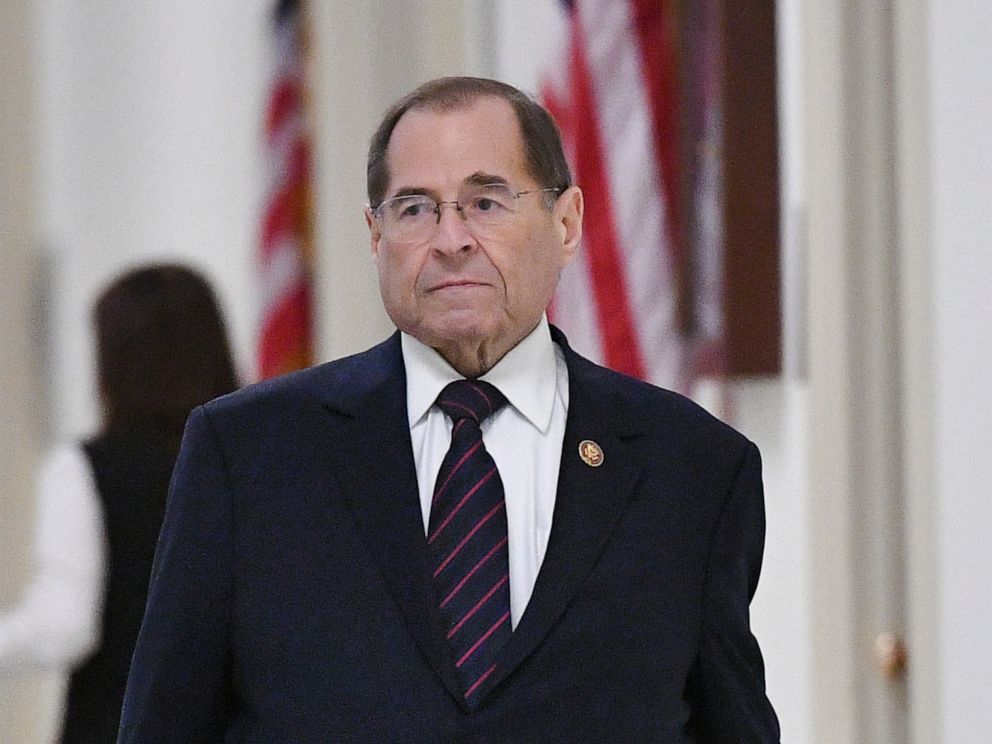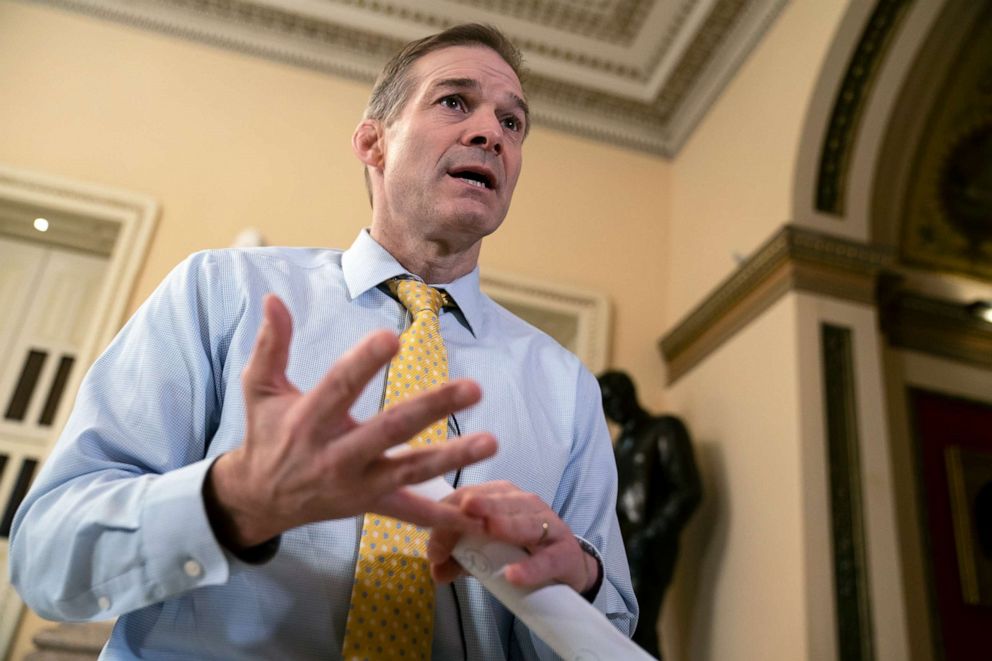Congress debates limits of Trump's pardon power after Mueller investigation
The president said he hasn't thought about pardons after the Mueller probe.
House Democrats raised concerns Wednesday that President Donald Trump, newly emboldened after the conclusion of special counsel Robert Mueller’s investigation, could seek to pardon associates and allies entangled in the multiyear investigation.
In a House Judiciary Committee hearing with legal experts to examine the limits of the pardon power and a president’s ability to pardon himself - scheduled before the end of the Muller probe - Rep. Steve Cohen, D-Tennessee, said the “academic” discussion “has taken on greater importance” during Trump’s presidency.
On Monday, Trump, who has previously suggested he has the “absolute right” to pardon himself, told reporters that he’s not currently contemplating pardons.
“Haven’t thought about it,” he said.
Jay Sekulow, Trump’s lawyer, told ABC News’ “The Investigation” podcast said he’s had “no conversations with anybody about pardons.”
“That’s not something that’s on the table or being discussed,” he said, adding that there’s “no question the president has the authority to pardon.”

Still, House Judiciary Committee Chairman Jerry Nadler, D-New York, said Trump’s use of the pardon power in some instances “has created the perception that pardons are a political tool, a publicity stunt to curry favor with the public, and a favor to bestow on the well-connected.”
The U.S. Pardon Attorney has procedures for those seeking pardons and commutations to follow. They must admit responsibility for their crimes, express remorse and seek atonement, as well as wait at least five years after conviction or release. But the President is not bound by those procedures.
Trump has issued seven pardons and four commutations since taking office. While he received bipartisan praise for his commutation of the sentence of Alice Johnson, a 63-year-old grandmother who was serving a life sentence on drug charges, Democrats focused on his pardons of several political allies and individuals charged with similar crimes as some of his associates.
In August of 2017, Trump pardoned former Maricopa County Sheriff Joe Arpaio, a political ally convicted of criminal contempt for refusing to comply with a court order to stop him from racial profiling in his efforts to crack down on illegal immigration.
In April of 2018, he pardoned Scooter Libby, former Vice President Dick Cheney’s chief of staff who was convicted of perjury and obstruction of justice in the Valerie Plame affair. One month later, he pardoned conservative commentator Dinesh D’Souza, who pleaded guilty in 2014 to violating campaign finance laws.
Nadler said that Trump’s pardon of Libby “may have been signaling to those being targeted by investigators that a pardon may be in the offing if they refuse to cooperate.” He argued that Trump’s use of the pardon power is one of the reasons why Democrats have called for the public release of Mueller’s full report.
The legal experts assembled Wednesday from liberal advocacy groups and universities told lawmakers that, while untested in the courts, a president's ability to pardon himself would be controversial and questionable.
Some Republicans on the committee defended Trump's pardons and commutations, while others repeatedly referenced Mueller's conclusions.

“We’ve got this hearing and all, with all this concern, but there has been no problem whatsoever thus far,” Rep. Jim Jordan, R-Ohio, said of Trump’s pardons and their constitutionality.
Already, some prominent conservative figures are calling on Trump to pardon former national security adviser Michael Flynn, who faces $5 million in legal bills, despite pleading guilty in December 2017 to lying to the FBI about conversations with the Russian ambassador to the United States.
Flynn confidants have said they are not banking on a pardon from Trump.
George Papadopoulos, a former Trump campaign aide who spent two weeks in federal prison after pleading guilty to lying to the FBI about his foreign contacts, told Reuters that he is considering withdrawing his guilty pleas and that his lawyers requested a pardon from the administration.
“If I’m offered one I would love to accept it, of course,” he told Reuters.